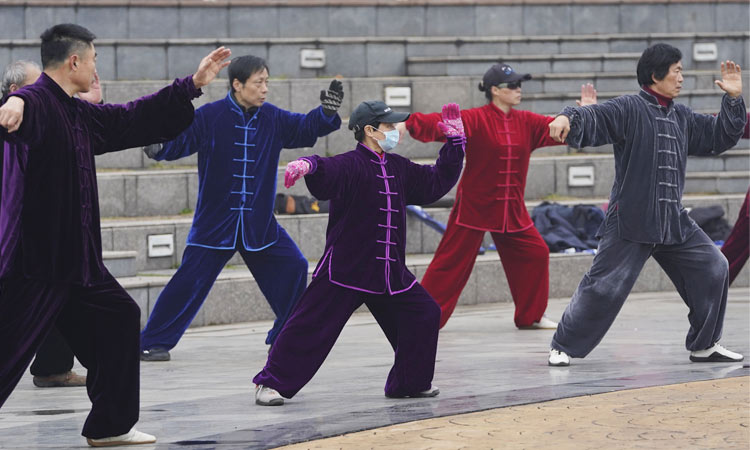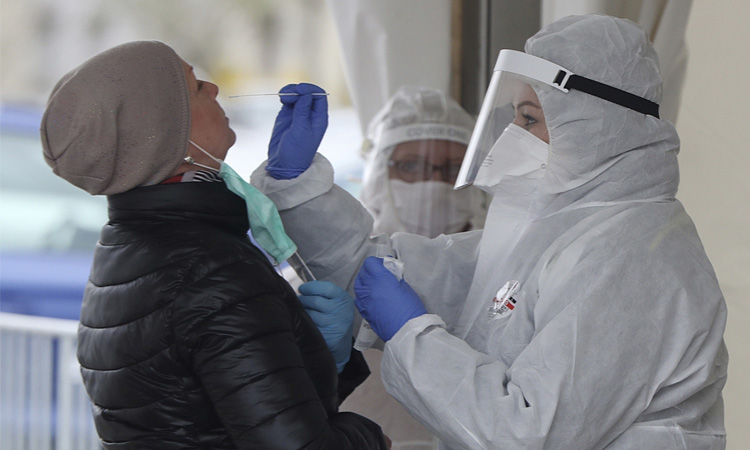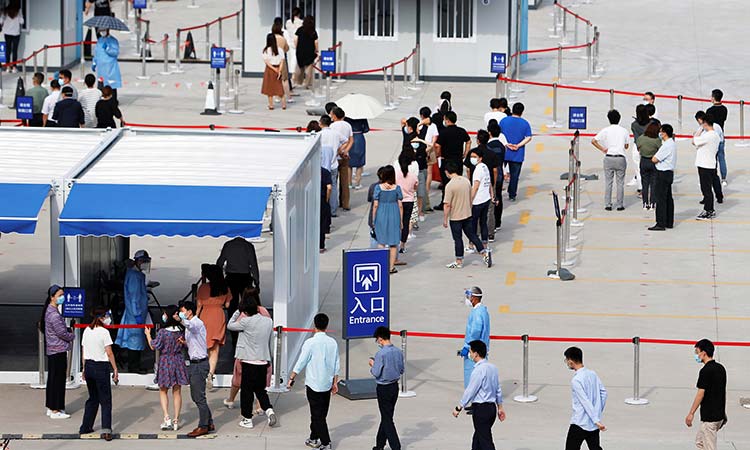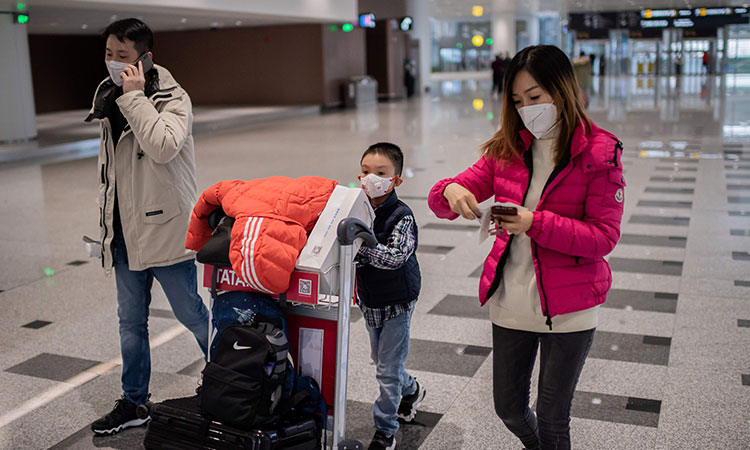China fights Covid-19 surge in Shanghai
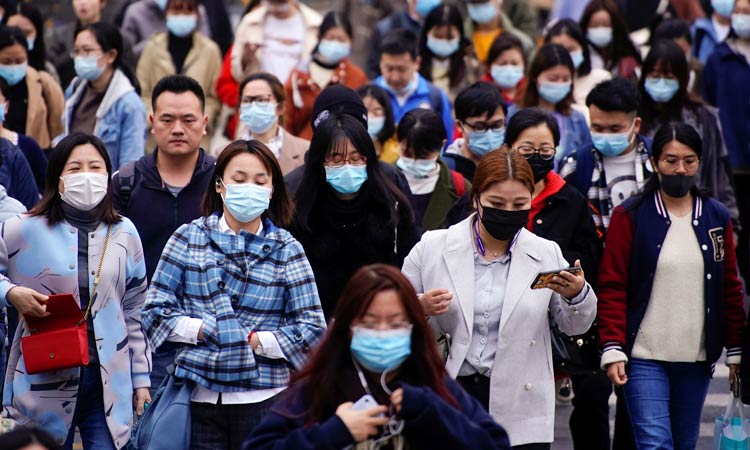
Picture used for illustrative purpose.
There were 2,573 symptomatic and 25,146 asymptomatic cases reported in Shanghai on Thursday. Chinese authorities insist on quarantine even for those without symptoms but who have tested positive in state quarantine centres. There were expectations that the rules would be relaxed by the authorities when directions were given about quarantining in a well-ventilated room, but the rule that people should quarantine in state facilities continues. President Xi Jinping said that the country must continue with the “dynamic Covid-19 clearance” policy and pandemic control measures.
On Monday, authorities in Shanghai announced a three-tier relaxation of rules. In neighbourhoods, where there have been no cases of Covid-19 for 14 days, people are allowed to leave their homes but follow the protocols and remain within their sub-district. In neighbourhoods, where there have been no cases of Covid-19 for seven days, residents are allowed to collect food deliveries and take a walk at a designated time and place. Shanghai health official Wu Qianyu said at a press briefing, “After a long period of lockdown, it is understandable that people want to go out and get some air, and they need to go shopping for food and medicine and go for medical treatment. But if lots of people gather in a disorderly way, it will cause hidden dangers to our epidemic prevention work.” It is reckoned that out of 17,600 communities in Shanghai, 7,624 are under strict lockdown and people in these communities are required to stay at home. Gu Honghui, deputy secretary-general of Shanghai municipal government said, “Our principle, as always, is to minimize the impact of the epidemic on residents’ daily lives.”
The Shanghai Covid-19 outbreak is being compared to the initial outbreak of the epidemic in early 2020 in Wuhan, where the whole city was placed under a strict lockdown for weeks. It is claimed that the coronavirus broke out from the wet meat market in Wuhan, though there is no clear evidence as to which was the animal that became the carrier. The virus is usually located in bats in the countryside of China and other south-east Asian countries.
American authorities have reacted negatively to the Shanghai outbreak and the consulate staff were asked to leave the city, and, also, the non-essential staff. There was also an advisory telling American visitors to avoid Chinese cities like Hong Kong, Shanghai and Jilin province because of the strict anti-Covid-19 measures adopted by the Chinese authorities. Chinese foreign office spokesperson Zhao Lijian was provoked to say that China was “strongly dissatisfied with and firmly opposed to US side’s groundless accusation against China’s epidemic response.”
Meanwhile, the State Council’s executive meeting, chaired by Premier Li Keqiang, had decided to counter the impact of Covid-19 through boost to recovery and growth of consumption. Facing a potential deceleration in economic growth due to Covid-19, Li said, “Consumption is a steady driver of economic growth and bears on ensuring and improving people’s livelihood.”
The State Council had also decided to implement policies to help the sectors hard hit by the epidemic like catering, retail, tourism, civil aviation, waterway, and railway transportation. China is finding its own way to keep the Covid-19-hit national economy afloat through measures that will nurture domestic consumption even as exports are being encouraged.
